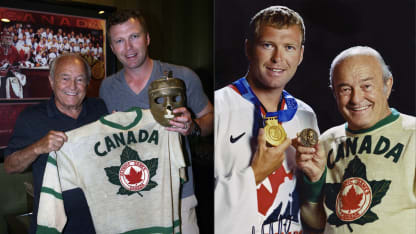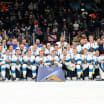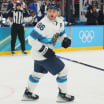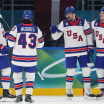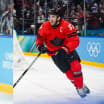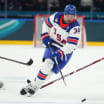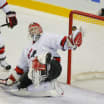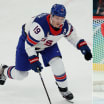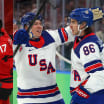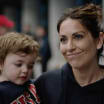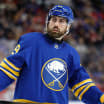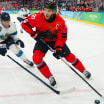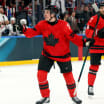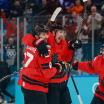An NHL career is defined by many events, players present and past cherishing a single snapshot, a game or a broader body of work. Eight players reflect in our weekly eight-part series "Savour Every Moment" presented by Olymel, sharing a personal slice of what makes hockey a special part of their lives. Today, in the seventh part of the series, Martin Brodeur reflects on his gold-medal performance for Canada at the 2002 Salt Lake City Olympics, his first real step on his road to goaltending immortality.
'Savour Every Moment': Brodeur's Olympic gold medal special treasure
Seventh of eight-part series looks back on triumph that put Hall of Fame goalie 'on the map'
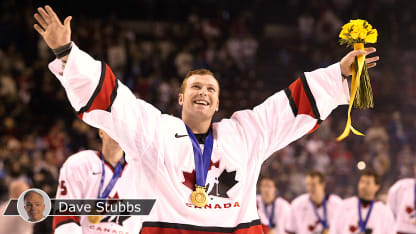
© Brian Bahr/Getty Images
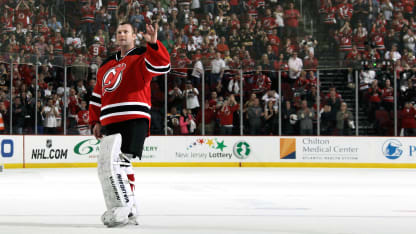
© Bruce Bennett/Getty Images
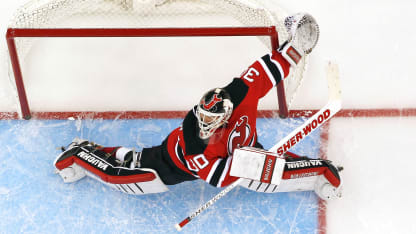
© Andy Marlin/Getty Images
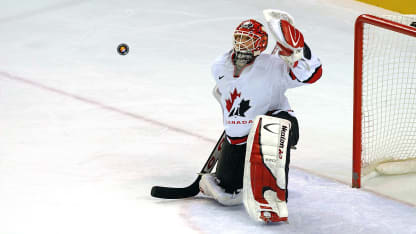
© Dave Sandford/Getty Images
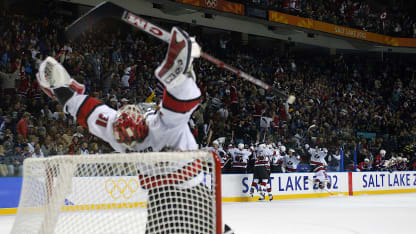
© Jamie Squire/Getty Images
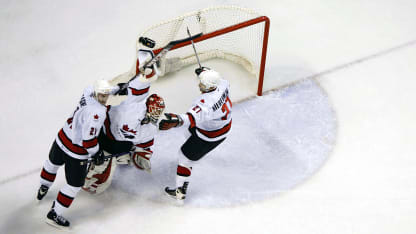
© Al Bello/Getty Images
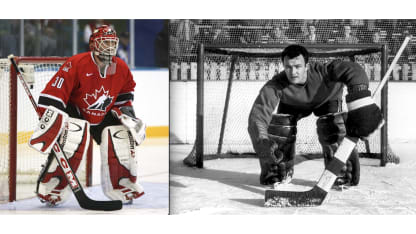
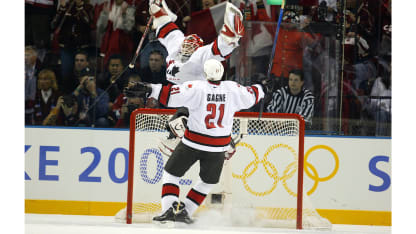
© Al Bello/Getty Images
